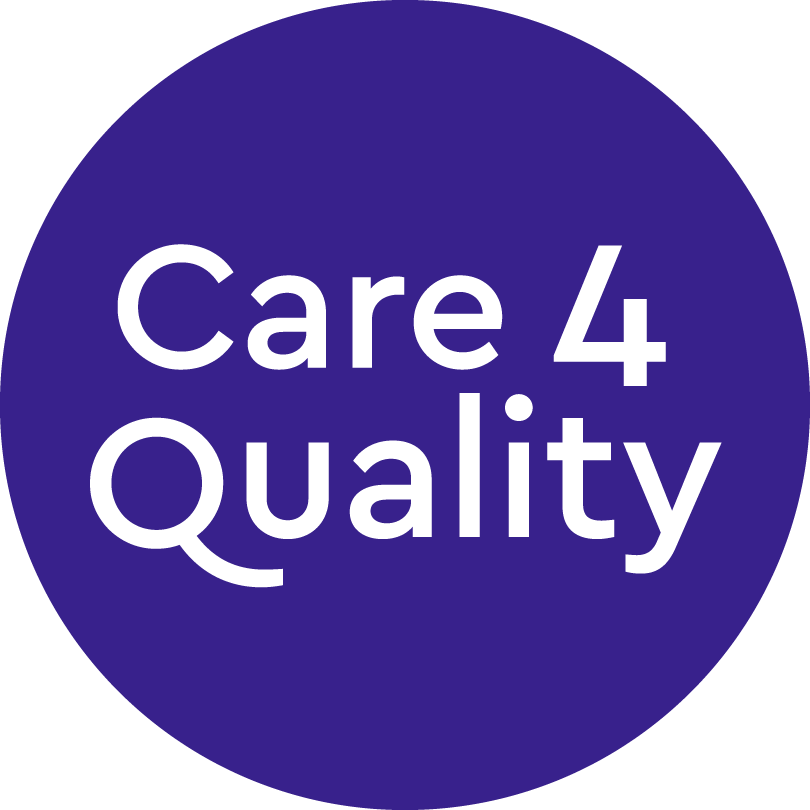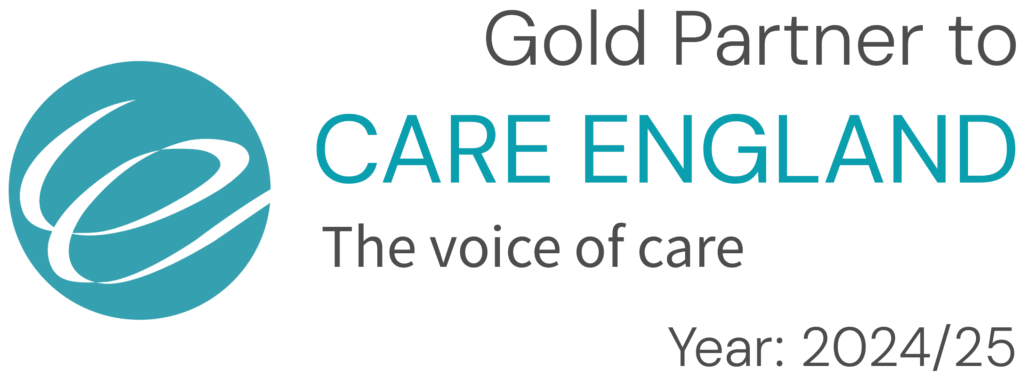Artificial intelligence (AI) presents numerous benefits to health and social care services, from enhancing operational efficiency to supporting predictive analytics in care planning. However, as technology advances, so too must our responsibility in how it is applied, especially when it comes to regulated documentation and compliance with the Care Quality Commission (CQC).
At Care 4 Quality, we’ve seen a growing number of providers turning to AI tools to draft core documentation — including policies, procedures, and audits — in preparation for CQC inspections. While automation may appear to save time, this shortcut carries significant risks – including jeopardising your CQC rating and compromising quality standards.
The role of documentation in CQC inspections
The CQC expects every registered provider to evidence how they meet the Fundamental Standards and the Five Key Lines of Enquiry (KLOEs). Policies, care plans, audits, and quality assurance frameworks are all scrutinised to assess whether services are safe, effective, caring, responsive, and well-led.
These aren’t just box-ticking exercises. They’re evidence of how your service operates in practice – reflecting your culture, systems, and commitment to delivering person-centred care. It must be tailored, accurate, and actively used in daily practice. CQC inspectors are well-trained to identify when paperwork is generic, outdated, or disconnected from the day-to-day reality of your service.
The risks of using AI-generated documents
With the emergence of sophisticated AI language models, there’s been a surge in online tools claiming to generate care policies and procedures “in minutes.” These platforms promise convenience and consistency, but at what cost?
AI-generated content, while often grammatically correct and formatted neatly, can pose several serious risks when used as standalone documentation:
- Lack of personalisation
AI tools don’t know your service. They don’t know your staffing levels, training approaches, local demographics, client needs, or specific ways of working. Documentation generated in this way will often feel generic – and that’s a red flag for CQC inspectors.
- Inaccurate or non-compliant content
AI tools are only as good as the data they’ve been trained on. If the tool references outdated or international care standards (for example, U.S.-based regulations), you risk adopting practices that are non-compliant with UK law and CQC requirements.
- False assurance and passive governance
Some providers believe that having “something on file” is enough. However, if it hasn’t been created, understood, and implemented properly, it’s just paper. AI-generated documents can lead to false reassurance — both to staff and leadership — that risks are being managed when they are not. This undermines good governance.
- Lack of accountability and professional judgement
Only trained professionals can apply context, reflect on best practice, and draw on experience to shape policies that are ethical, realistic, and aligned with the needs of people using the service. AI simply cannot replace that expertise or take responsibilities for decisions made.
What the CQC expects — and inspects
During inspections, the CQC will not only review your policies — they will also assess how they are understood and implemented by staff, and whether they are embedded into daily care delivery.
Expect inspectors to ask:
- Do your policies reflect your actual processes?
- Are they being followed?
- Are staff trained in them?
- Have they been reviewed by competent persons?
- Are they person-centred and compliant with laws like the Mental Capacity Act, Human Rights Act, and other legislation?
AI-generated documents often fail at the first hurdle — they are too general, may include outdated legislation, and usually use passive language without clearly identifying responsibilities or accountability structures.
The importance of authenticity and reflection
One of the core principles of well-led services is a culture of continuous improvement and reflection. Policies and procedures should evolve based on real events: informed by lessons learned, complaints, incidents, feedback, audits, and input from service users.
You cannot automate this process.
Effective leaders use documentation not as a paper shield but as a dynamic tool to shape, guide, and evaluate the quality of care. This requires critical thinking, staff collaboration, and insight — qualities that AI cannot replicate.
Will the CQC penalise AI use?
While the CQC has not published an outright ban on AI use, it has made expectation clear. It wants to see:
- Person-centred documentation
- Accountability and leadership
- Evidence-based decision-making
- Safeguarding and professional integrity
The CQC are also likely to cross-check all of your policies, to make sure they are consistent and do not contradict each other. If your documentation feels generic, misaligned with each other or your actual service, it could undermine trust in your governance and leadership – and impact your inspection outcome. Inadequate or misleading documentation can even contribute to enforcement action if it puts people at risk.
The role of AI in supporting (not replacing) practice
This does not mean that AI has no role in health and adult social care. On the contrary, AI can help support non-regulatory tasks like:
- Drafting internal memos (with human review)
- Creating learning aids or visual summaries
- Suggesting ideas for reflective practice prompts
However, AI should never be used as the sole author of any documentation related to:
- Regulatory compliance
- Safeguarding
- Clinical risk
- Service governance
How Care 4 Quality can help
At Care 4 Quality, we understand the pressure services face to stay compliant, efficient, and resilient – while managing day-to-day responsibilities. But quality should never be compromised for convenience.
We provide tailored support to help services:
- Develop robust, reflective policies and procedures based on current legislation and best practice. that are reflective of your organisation and meet CQC expectations.
- Conduct independent benchmarking through CQC-style audits
- Understand how to embed good governance into practice — not just on paper
Our approach is collaborative, supportive, and grounded in years of regulatory expertise. Our team works with you – not around you – to ensure your documentation is meaningful, robust, and genuinely helpful in delivering safe, effective care.
Talk to us
If you’re concerned about documentation quality or preparing for inspections, our team is here to help. Get in touch with us by calling (number) or requesting a call back (here).

